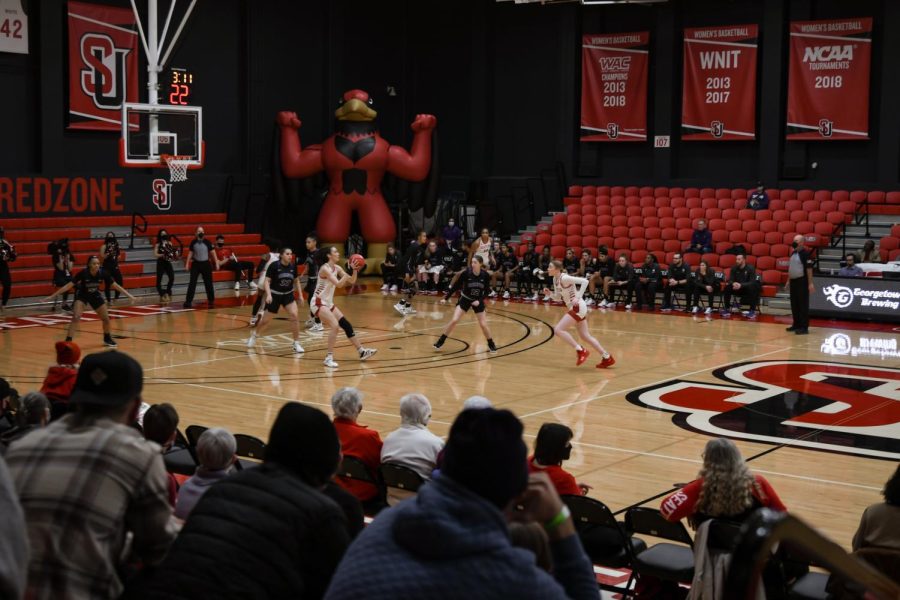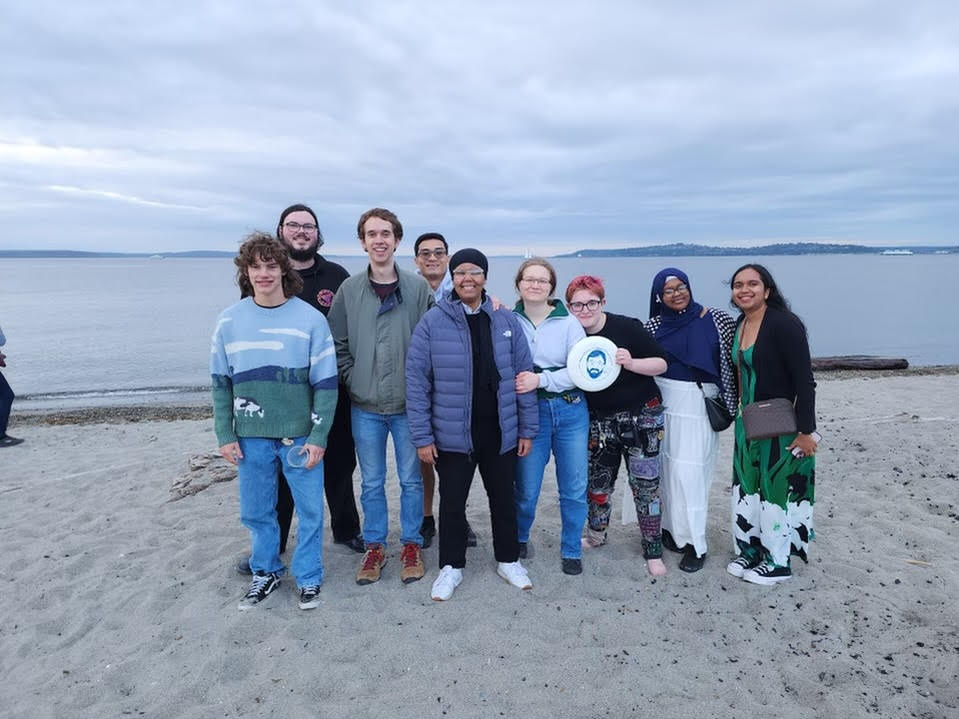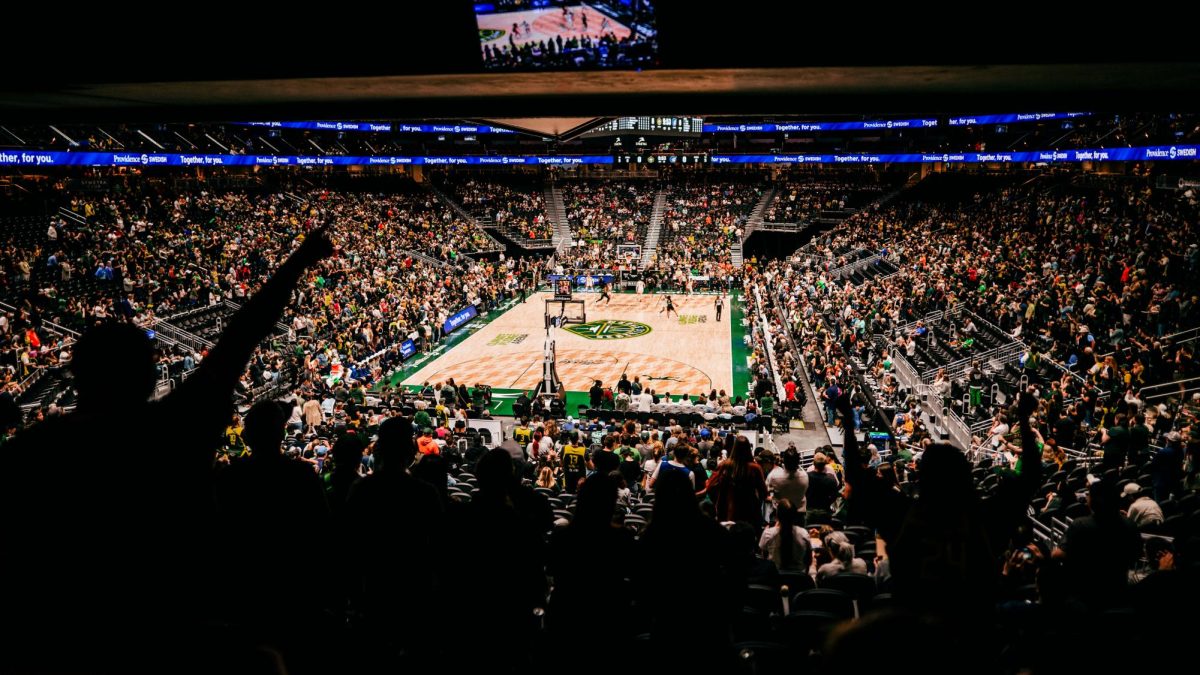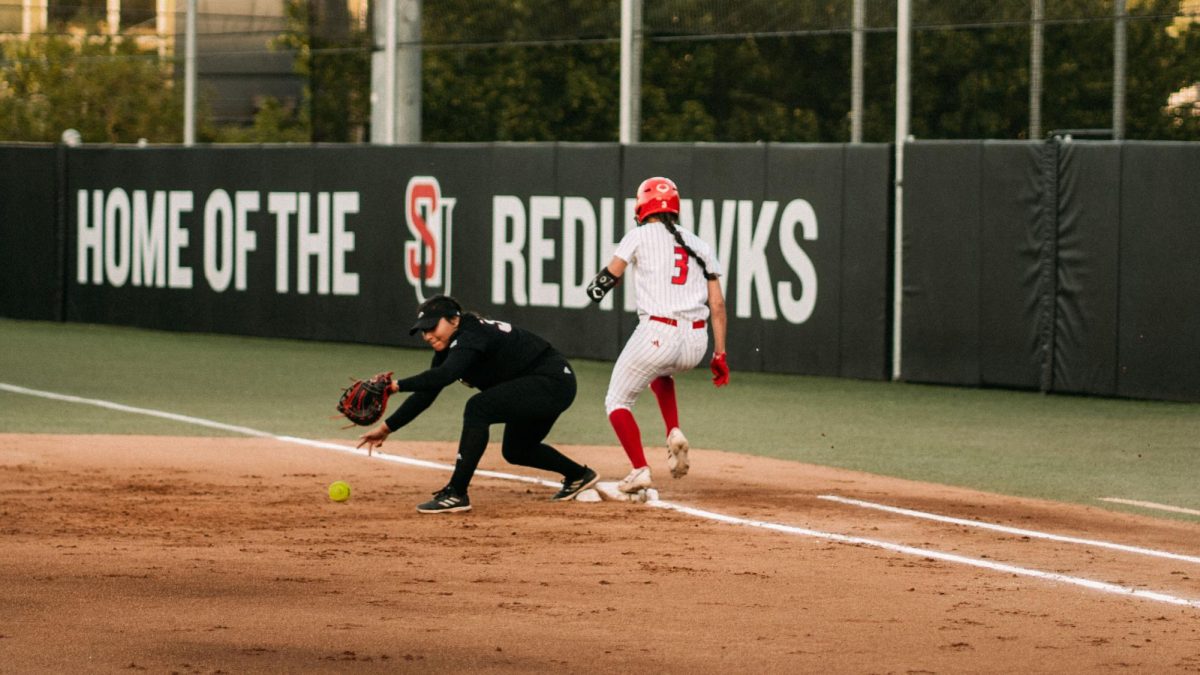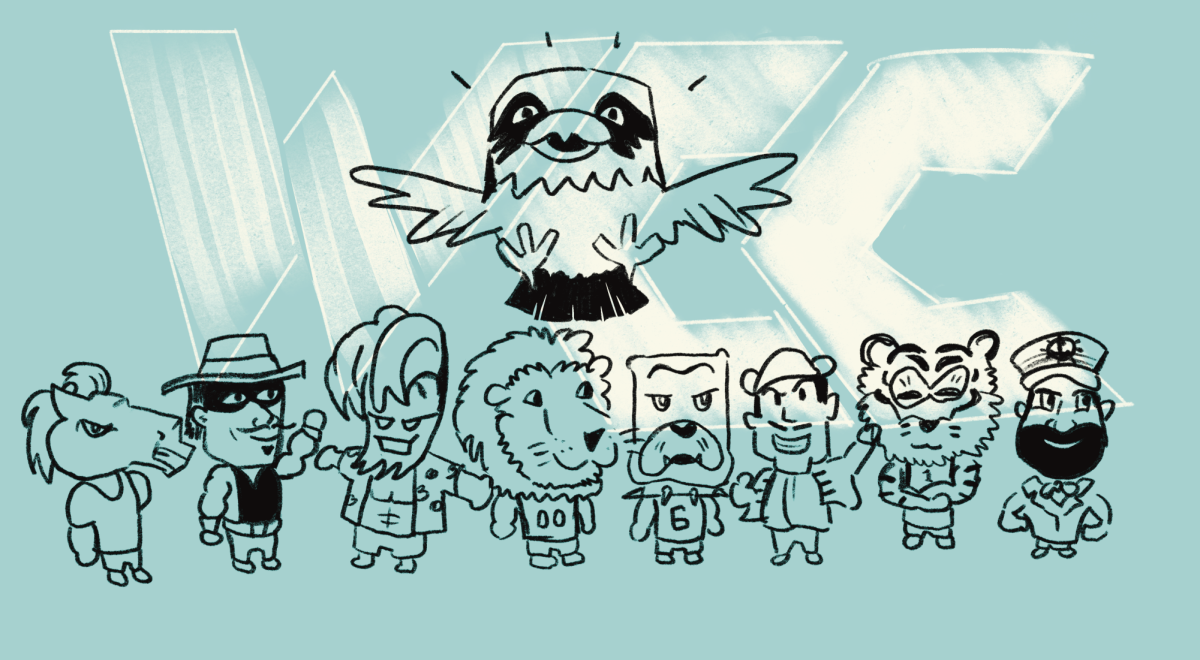The National Collegiate Athletics Association (NCAA) is one of the most profitable sports organizations in the world. Comprising over 1,000 schools at the Division I, II and III levels combined, the NCAA has markets in every corner of the United States to profit from and to provide academic and athletic opportunities in.
Student-athletes have long been compensated for their efforts with scholarships, room and board and the rare opportunity for some to compete professionally after graduation. But, with academic duties to take care of, as well as constant training for their respective sports, it’s been a long-held stance of some in the sports world that student-athletes ought to be compensated with a paycheck as well.
The tide shifted in favor of this school of thought in 2021, as the Supreme Court ruled that the NCAA could no longer bar athletes from profiting off their name, image and likeness (NIL). Since then, NIL deals have been rattled off at every level, with players of all sports participating in advertising campaigns, social media promotions, name-branded apparel deals and more. But nearly three years after the Supreme Court’s decision, no federal regulations regarding NIL proceedings have been passed.
This has made state legislatures decide what regulations they’ll put in place, if any. As you can imagine, this creates a fair bit of confusion for players and institutions alike, as they are left to navigate NCAA bylaws and state regulations in all their NIL dealings, with the risk of having their eligibility revoked and sanctions put in place. For example, the University of Tennessee is currently under investigation for violating the NCAA’s rules on NIL and has already been fined $8 million for past violations.
The state of Washington has yet to pass any NIL legislation regulating the industry. Eric Guerra is the senior associate athletic director for compliance and student-athlete services at Seattle University, which has yet to have any issues with NIL compliance.
To combat initial confusion, Seattle U rolled out their own NIL policy document in 2021, setting a few hard boundaries for athletes.
“[NIL deals] cannot be compensation for being an athlete, but it can be compensation for the notoriety of their athletic endeavors and that reputation,” Guerra said. “It’s a matter of quid pro quo… they have to perform a service to receive compensation.”
That notoriety doesn’t have to be ground-shattering either. Alex Schumacher, a senior guard on the men’s basketball team at Seattle U, has done two NIL deals thus far. Neither involved direct cash compensation, but rather free services and goods. With just over 4,500 followers on Instagram and over 80,000 on TikTok, Schumacher’s following is solid but not as big as some may think to garner NIL deals.
“I think the biggest [misconception] is you have to have a large following to get NIL,” Schumacher said.
His most recent NIL deal with City Sweats, a sauna and spa company, involved him posting about the business on his Instagram story in exchange for a few free uses of the facilities per month.
In terms of how athletes get connected, there are a few methods the athletic department at Seattle U employs. Al Grigsby, the assistant athletic director for development at Seattle U, handles corporate sponsorships and licensing and merchandising with the teams. Grigsby explained that the university uses two third-party platforms to facilitate NIL propositions from businesses: INFLCR and Brandr.
Both platforms include compliance considerations, like tools to aid student-athletes in reporting their dealings to the school (which is required) as well as educational resources to help update them on the changing NIL landscape.
“We feel like we have an obligation to make sure that we help [student-athletes] and to make sure they understand the process,” Grigsby said. “Doing that allows us to have some checks and balances with INFLCR, with the companies the student-athletes work with.”
Even with these safeguards in place, there are ethical disputes about the nature of NIL in general. Guerra expressed how NIL is an effective vehicle for students to make money on the side, but that it’s a “balancing act” to assure that the institution maintains its identity of amateurism.
Seattle U student-athletes may not be pulling in multi-million dollar NIL deals, but high-profile stars around the country like Angel Reese, Bronny James, Shadeur Sanders and more are all valued well above the seven-figure mark in NIL money. Opportunities to chase that kind of wealth at different schools in bigger markets, along with the ever-active transfer portal, have created a “free agency” feel for collegiate sports—a bad model for academic success according to Guerra.
“The more someone transfers, the less likely they are to graduate,” Guerra said, emphasizing the earning potential associated with a college degree. “We need to figure out how we move forward and maintain the integrity of college sports… and allow students opportunities to grow and offset their costs.”
NIL is the next big thing in college sports—it represents a complete paradigm shift in the way we view student-athletes as business entities. But all innovations take time to settle into their final form. Despite all the publicity and glamor, it’s crucial to note that NIL is still in its infancy. What it grows into through future legislation and bylaws remains to be seen.






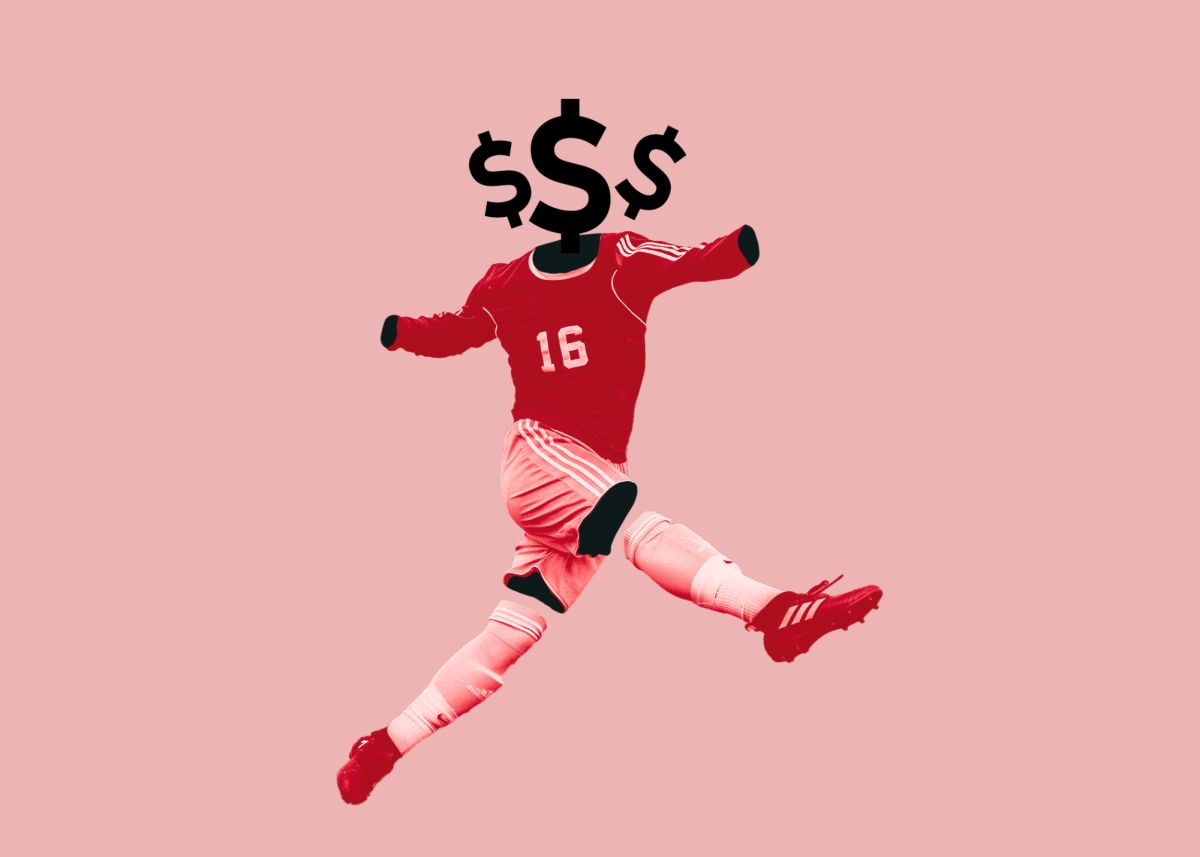
![Josh Gibson Supplants Ty Cobb, Babe Ruth, as Baseball’s Best Hitter [OPINION]](https://seattlespectator.com/wp-content/uploads/2024/05/gettyimages-72075891-1200x675.jpg)
